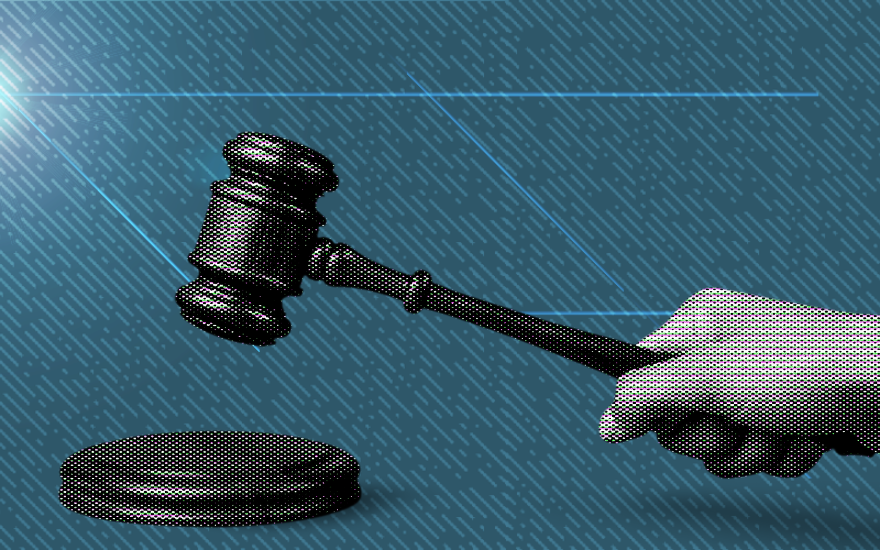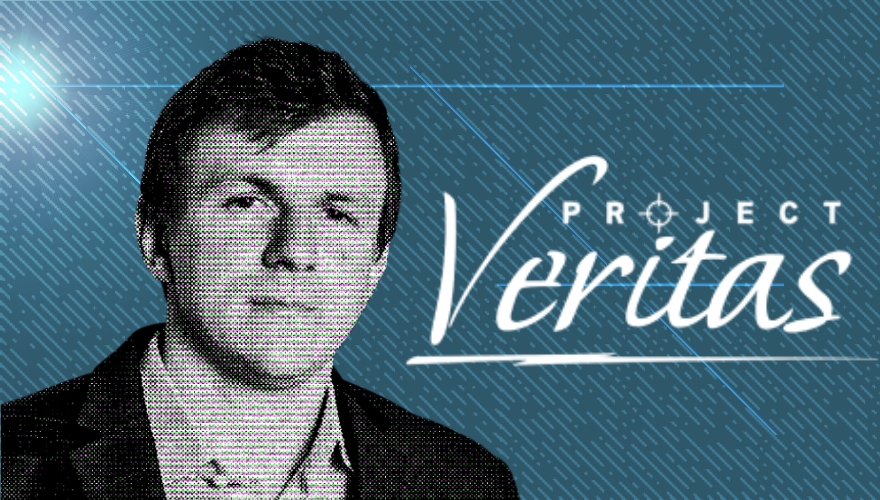Steven Schwartz, an attorney with Levidow, Levidow, & Oberman, prepared the brief to be used in a lawsuit for a client who was suing Avianca Airlines. The client, Roberto Mata, says he was injured when the metal cart used by flight attendants struck his knee during a flight. Schwartz used ChatGPT to supplement his own research, ultimately submitting to the court a 10-page brief that included a half dozen nonexistent prior court decisions fabricated by ChatGPT. After neither the airline’s lawyers nor the judge could locate any of the cases or quotations cited and summarized in the brief, Schwartz submitted an affidavit to the court admitting he used the AI program to conduct his legal research. According to the affidavit, “the use of generative artificial intelligence has evolved within law firms,” which prompted the attorney to consider its use. People across multiple fields are experimenting with AI to save time and streamline their workflows, allowing them to become more productive. But after witnessing the numerous errors generated by the platform, Schwartz — who has practiced law for more than 30 years — now regards ChatGPT as “a source that has revealed itself to be unreliable.” He says he had never used ChatGPT to conduct legal research prior to this incident and was unaware that AI tasked with doing open-source research could produce results that could be false. He told Judge P. Kevin Castel that he even asked the program to verify that the cases it cited were real. Schwartz took full responsibility for not confirming the sources provided by ChatGPT, explaining that he had no intent to deceive the court or his client. Castel said in an order that the court was “presented with an unprecedented circumstance. A submission filed by plaintiff’s counsel" that is “replete with citations to non-existent cases.” The judge added, “Six of the submitted cases appear to be bogus judicial decisions with bogus quotes and bogus internal citations.” Castel has ordered a hearing for June 8 to consider sanctions against Schwartz.A New York lawyer is facing potential disciplinary action over a legal brief he drafted using the artificial intelligence platform ChatGPT.
Legal /
Lawyer Uses ChatGPT For Legal Filing, Unknowingly Cites Fake Legal Precedents Provided By App
Judge has ordered a disciplinary hearing to consider sanctions against the attorney

*For corrections please email [email protected]*
